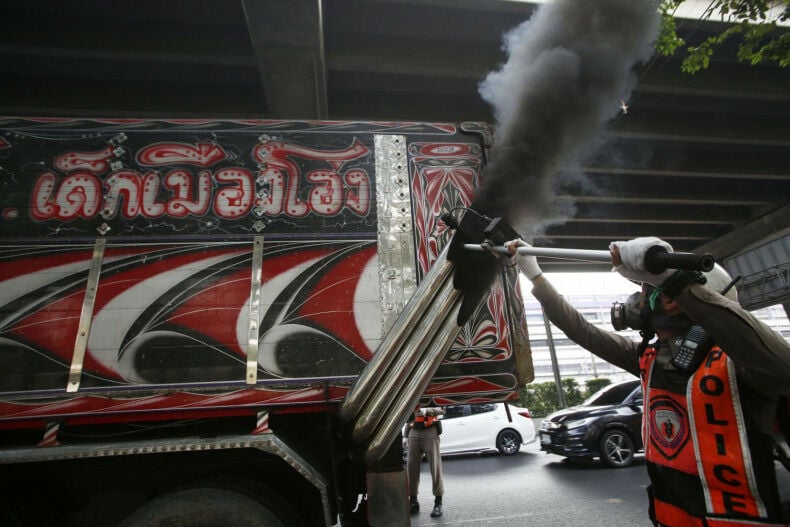Thailand’s central bank launches phase two of sustainability framework

Thailand’s central bank is advancing its commitment to sustainability with the introduction of phase two of the Thailand Taxonomy, a strategic framework designed to guide banks and local businesses towards environmentally sustainable practices. This initiative, spearheaded by the Bank of Thailand, seeks to standardise the transition to sustainable operations across various sectors.
The Thailand Taxonomy Board has unveiled a draft of phase two for public feedback, with the consultation period extending from today through January 10 next year. This phase encompasses four pivotal business sectors: agriculture (encompassing livestock, fisheries, and forestry), building and real estate, manufacturing, and waste management.
Developed by the Thailand Taxonomy Working Group, which comprises representatives from government, business, and financial sectors, the taxonomy provides a structured approach to classifying economic activities that are environmentally sustainable. It is aligned with international standards but tailored to meet Thailand’s unique needs, serving as a benchmark for eco-friendly economic activities.
The taxonomy’s primary objectives include enhancing capital allocation efficiency, streamlining risk management, boosting private sector investment, and informing public policies, all aimed at achieving Thailand’s environmental sustainability targets.
The first phase of the Thailand Taxonomy, initiated on June 30, 2023, concentrated on reducing greenhouse gas emissions within the energy and transport sectors, both significant contributors to the nation’s emissions.
Roong Mallikamas, deputy governor for financial institutions stability at the central bank, stated, “The working group is now preparing for phase two, which will include additional economic sectors that either have a significant environmental impact or are highly vulnerable to natural disasters.”
Thailand Taxonomy
While large banks and corporations in Thailand are generally equipped to transition towards sustainable practices following international standards, small and medium-sized enterprises (SMEs) encounter more significant hurdles in this shift. Consequently, the central bank is urging financial institutions to support SMEs in their journey towards sustainability.
To aid in this transition, the central bank has introduced the Financing the Transition programme. This initiative encourages banks to assist local businesses in adopting sustainable practices. Eight major commercial banks are participating in the programme: Bangkok Bank, Krungthai Bank, Kasikornbank, Siam Commercial Bank, Bank of Ayudhya, TMBThanachart Bank, Kiatnakin Phatra Financial Group, and UOB Thailand.
In the second phase of the taxonomy, the central bank aims for banks to focus more on assisting SMEs in transitioning to sustainable business practices and adhering to environmental, social, and governance (ESG) standards that align with global norms, reported Bangkok Post.
Roong further commented, “We want banks to assist SMEs in transitioning from existing brown businesses to less-brown businesses. This would help SMEs improve business efficiency and strengthen competitiveness in a changing global economic landscape.”
Latest Thailand News
Follow The Thaiger on Google News:


























